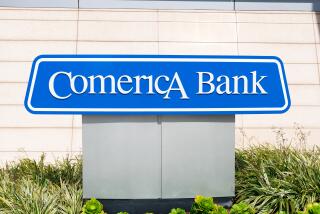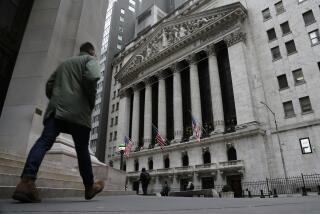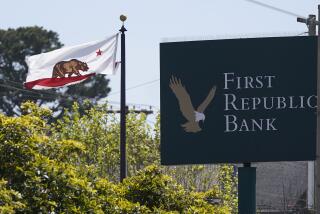Paulson’s latest economic rescue
Washington’s financial-rescue-of-the-day frenzy continued this week with Treasury Secretary Henry M. Paulson Jr. announcing that the government would invest at least $250 billion directly in U.S. banks. We don’t fault the Treasury and the Federal Reserve for trying to respond quickly to the credit crisis. But the dizzying series of previous moves confused the market about the government’s strategy. Rather than restoring confidence, the interventions discouraged the public from investing in the financial industry, crimped lending further and made it harder for banks to shore up their balance sheets. Even initiatives that seemed welcome, such as providing $700 billion to buy troubled mortgages and related securities, suffered from a lack of clear purpose.
The new approach is a much more direct and efficient way to provide more cash for banks to lend. In theory, that should ease the credit crunch that has been so damaging to the economy. Still, the plan seems to have been thrown together just as hastily as previous efforts, leaving gaping loopholes. There are no safeguards against banks frittering away the cash provided by the Treasury to pay dividends to shareholders (including, in many cases, their own executives). The government is rushing to make the investments before it knows the true health of these institutions, meaning it may be throwing good money after bad and encouraging desperate executives to make unacceptably risky bets. And by acquiring nonvoting shares, the Treasury limits its influence over how taxpayer dollars are put to use.
Adding to the rescue-related cacophony, the presidential candidates have issued ever-expanding proposals for boosting the economy. On Tuesday, John McCain offered a $52.5-billion plan for cutting taxes on unemployment benefits, stock sales and retirement-account withdrawals. Although he said parts of his proposal would encourage saving -- for example, he would have the government guarantee all bank deposits for six months -- most of the provisions would ease the tax bite on those who cash out some of their investments during the next 14 months. The cumulative effect should be to stimulate spending and boost growth, albeit only temporarily.
Barack Obama’s latest plan, announced Monday, also has tax cuts that could accelerate spending, including tax credits for companies that create jobs. But the proposal most likely to provide an immediate stimulus is one that Obama has been touting for months: extending unemployment benefits. That should be lawmakers’ top priority, and they need not wait for a new administration.
More to Read
A cure for the common opinion
Get thought-provoking perspectives with our weekly newsletter.
You may occasionally receive promotional content from the Los Angeles Times.






